Projects and Activities
Praxis training takes a variety of shapes meant to reflect the full-range of DH work. As a part of their training with us, student cohorts regularly publish a range of values statements describing the intentional communities they want to build together. They also design and teach digital humanities workshops based on their own interests as a means to exercise minimalist pedagogical approaches to DH. Students design speculative projects and events that might go on to be implemented by the Lab. They also participate in a range of technical and design activities meant to reflect the range of digital practices they will encounter in their research. At times, Praxis teams have developed and launched specific, named projects. Links to some of these materials can be found below.
Charters
One of the first activities each cohort undertakes is to define the nature of their group identity. Who are they? What are their values? How will they work together? The students engage in a series of discussions around these topics with staff and articulate them in a charter, a shared document about their collective identity and practices.
- 2011-2012 cohort
- 2012-2013 cohort
- 2013-2014 cohort
- 2014-2015 cohort
- 2015-2016 cohort
- 2016-2017 cohort
- 2017-2018 cohort
- 2018-2019 cohort
- 2019-2020 cohort
- 2020-2021 cohort
- 2021-2022 cohort
- 2022-2023 cohort
- 2023-2024 cohort
- 2024-2025 cohort
- 2025-2026 cohort
DH Workshops
As a part of our unit on digital pedagogy, Praxis design (and sometimes deliver) their own lightweight introductions to digital humanities methods. The result is a teach-to-learn activity where they develop creative new ways to deliver digital humanities instruction while reflecting on the pedagogies they employ. The following blog posts represent a sampling of the teaching done by students during the unit. Brandon co-authored a piece with a recent cohort on the pedagogy unit that was published on the Journal of Interactive Technology and Pedagogy entitled “A Way In: Digital Pedagogy Training with Speculative, Low-Tech Workshops.”
- Mapping Alone, Together by Crystal Luo
- Working on a Workshop (aka outlining a possible workshop about DH and Sound) by Connor Kenaston
- To be out in the world, to be free! by Janet S. Dunkelbarger
- Thinking About [Art] Collections As Data by Chloe Downe Wells
- Exploring Power through Playacting & Virtual Reality by Lauren Van Nest
- Unmaking and Remaking the Archive by Natasha Roth-Rowland
- DH Pedagogy Roadshow by Mackenzie Brooks and Brandon Walsh
- Sounding Scholarship: A Workshop on Making Your Research Sing by Emily Mellen
- String Theory, or: Let's Explore Social Networks with String! by Chris Whitehead
- Teaching Transcription (and Secretly Metaphysics) by Catherine Addington
Named Projects
Sometimes, Praxis cohorts develop and release fully fledged digital projects. Some projects have spanned cohorts, while others were executed in the span of a single. Some projects explored extant vaporware projects in the Lab, while others were inspired by experiments with a more freeform prompt. Further publications, writings, or awards are so noted.
Prism
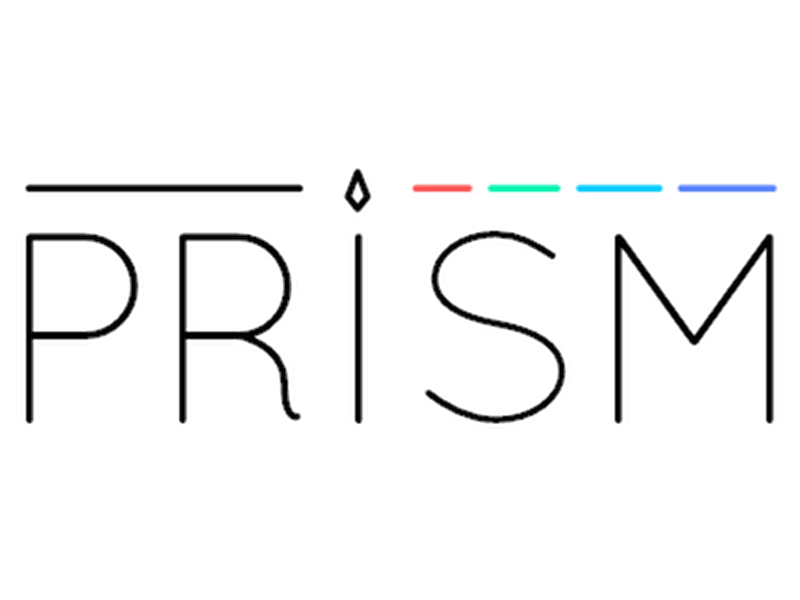
2011-2012
- Alex Gil
- Brooke Lestock
- Lindsay O'Connor
- Sarah Storti
- Annie Swafford
- Ed Triplett
2012-2013
- Shane Lin
- Claire Maiers
- Cecilia Márquez
- Gwen Nally
- Chris Peck
- Brandon Walsh
Publications
- Crowdsourcing Individual Interpretations: Between Microtasking and Macrotasking,” Brandon Walsh; Claire Maiers; Gwen Nally; Jeremy Boggs; Literary and Linguistic Computing 2014; doi: 10.1093/llc/fqu030.
- “Prism,” under the “Poetry” keyword in Digital Pedagogy in the Humanities: Concepts, Models, and Experiments.
- Walsh, Brandon, 'Prism and Reading's Shape,' in Pataphysics Then & Now, (under submission, Penn State UP).
Ivanhoe
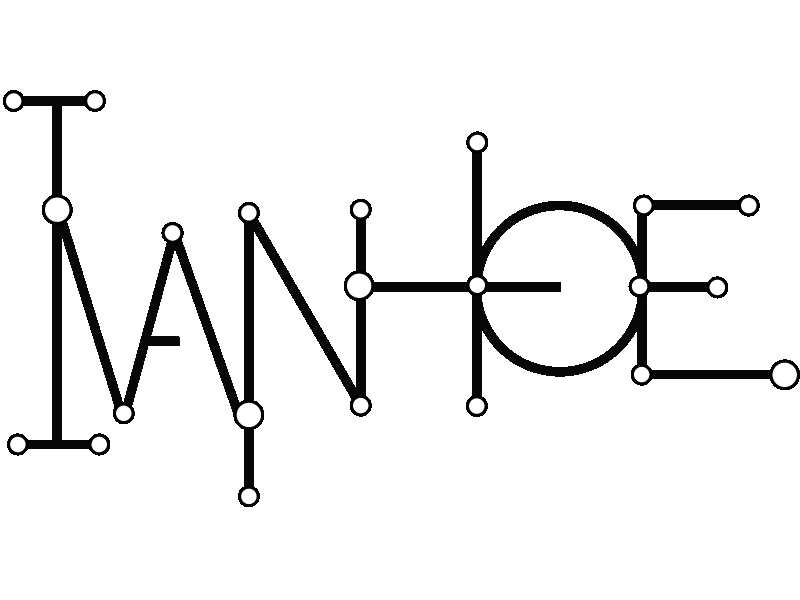
2013-2014
- Scott Bailey
- Elizabeth Fox
- Veronica Ikeshoji-Orlati
- Stephanie Kingsley
- Zachary Stone
- Francesca Tripodi
2014-2015
- Amy Boyd
- Swati Chawla
- Andrew Ferguson
- Joris Gjata
- Jennifer Grayburn
- Steven Lewis
Publications
- Playing in The Classroom With The Ivanhoe Game, guest post on Prof Hacker
ClockWork
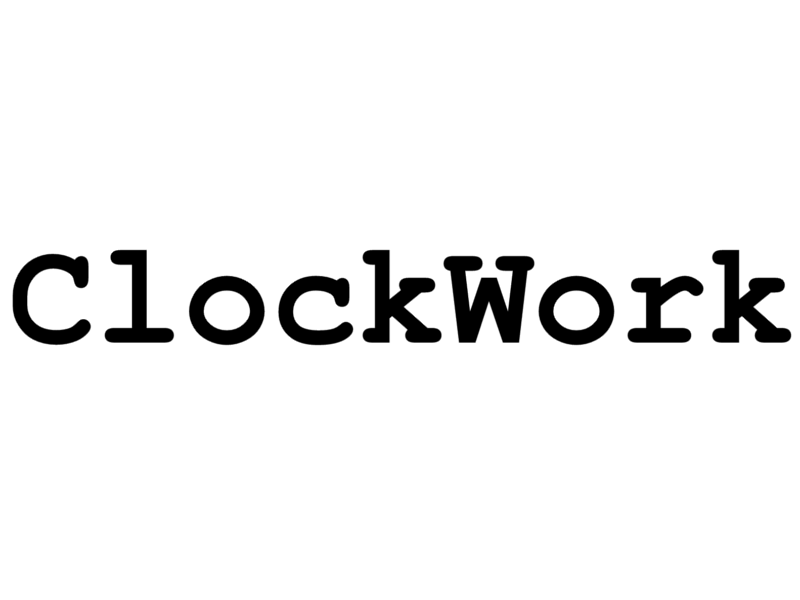
2015-2016
- James Ascher
- Bremen Donovan
- Ethan Reed
- Gillet Rosenblith
- Rachel Devorah
- Lydia Warren
Publications
- This team experimented used the Praxis site as a blog and memo site. You can find their notes here.
Dash-Amerikan
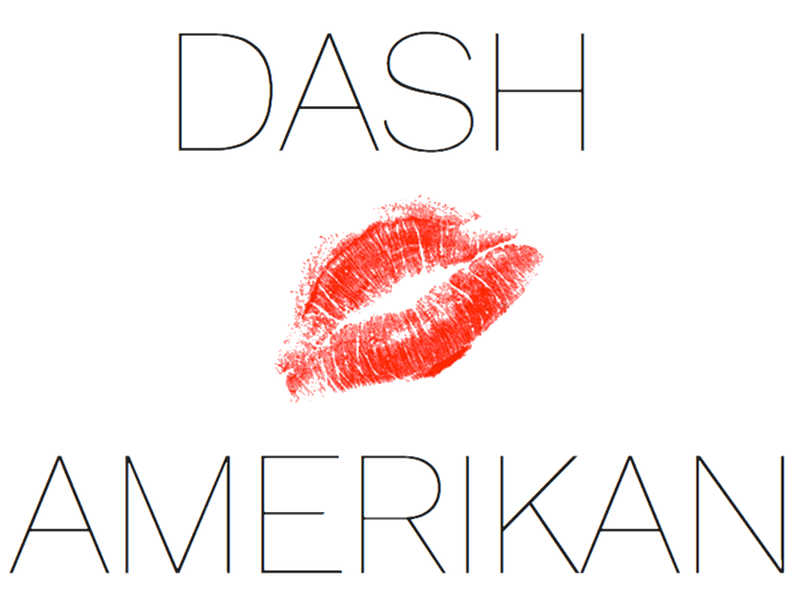
2016-2017
- Jordan Buysse
- Alicia Caticha
- Alyssa Collins
- Justin Greenlee
- Sarah McEleney
- Joseph Thompson
Awards
- First place, GSAS Huskey Research Exhibition, UVA, 2017.
- Forthcoming publication in American Quarterly
Augmenting the University

2017-2018
- Monica Blair
- Ankita Chakrabarti
- Victoria Clark
- Tanner Greene
- Christian Howard
- Spyros Simotas
Awards
- First place in poster session, GSAS Huskey Research Exhibition, UVA, 2018
- Accepted to present at ADHO 2018 conference in Mexico City
Unclosure
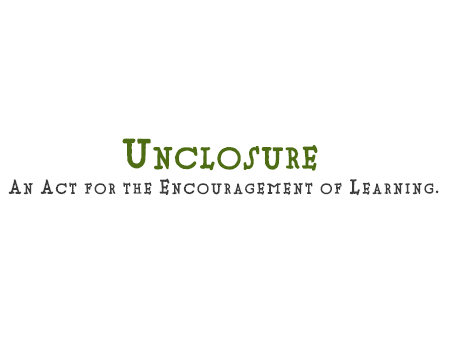
2018-2019
- Catherine Addington
- Zhiqiu Jiang
- Emily Mellen
- Eleanore Neumann
- Mathilda Shepard
- Chris Whitehead
Awards
- Accepted to present at at the Decolonizing Digital Humanities Symposium at UVA, 2019
Land and Legacy
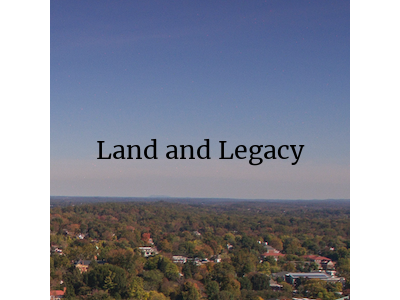
2019-2020
- Chloe Downe Wells
- Janet S. Dunkelbarger
- Connor Kenaston
- Natasha Roth-Rowland
- Lauren Van Nest
Connection Established
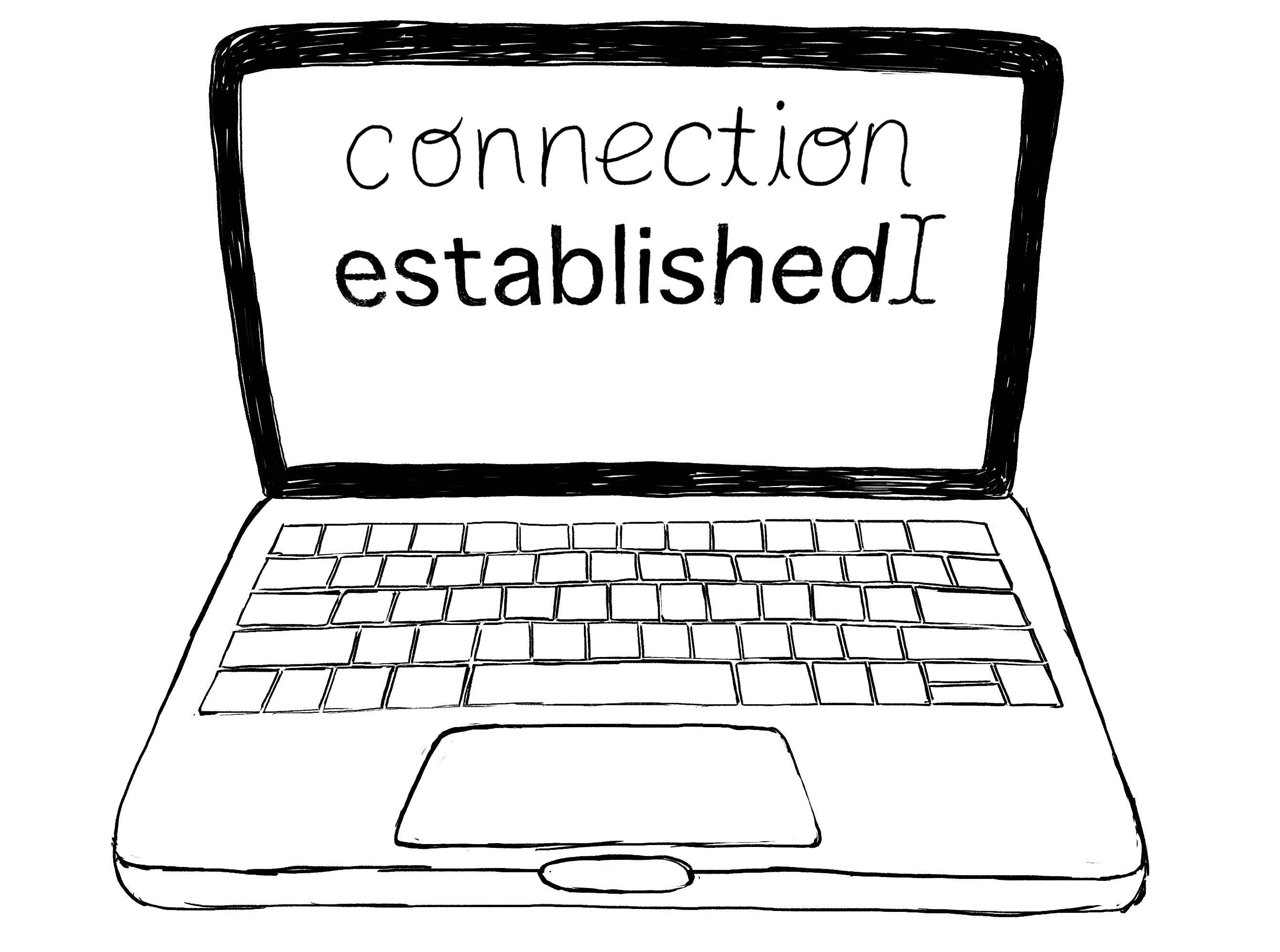
2020-2021
- Grace Alvino
- Emma Dove
- Elise Foote
- Crystal Luo
- Savanna Morrison
- Aaron M. Thompson
Your Name Here
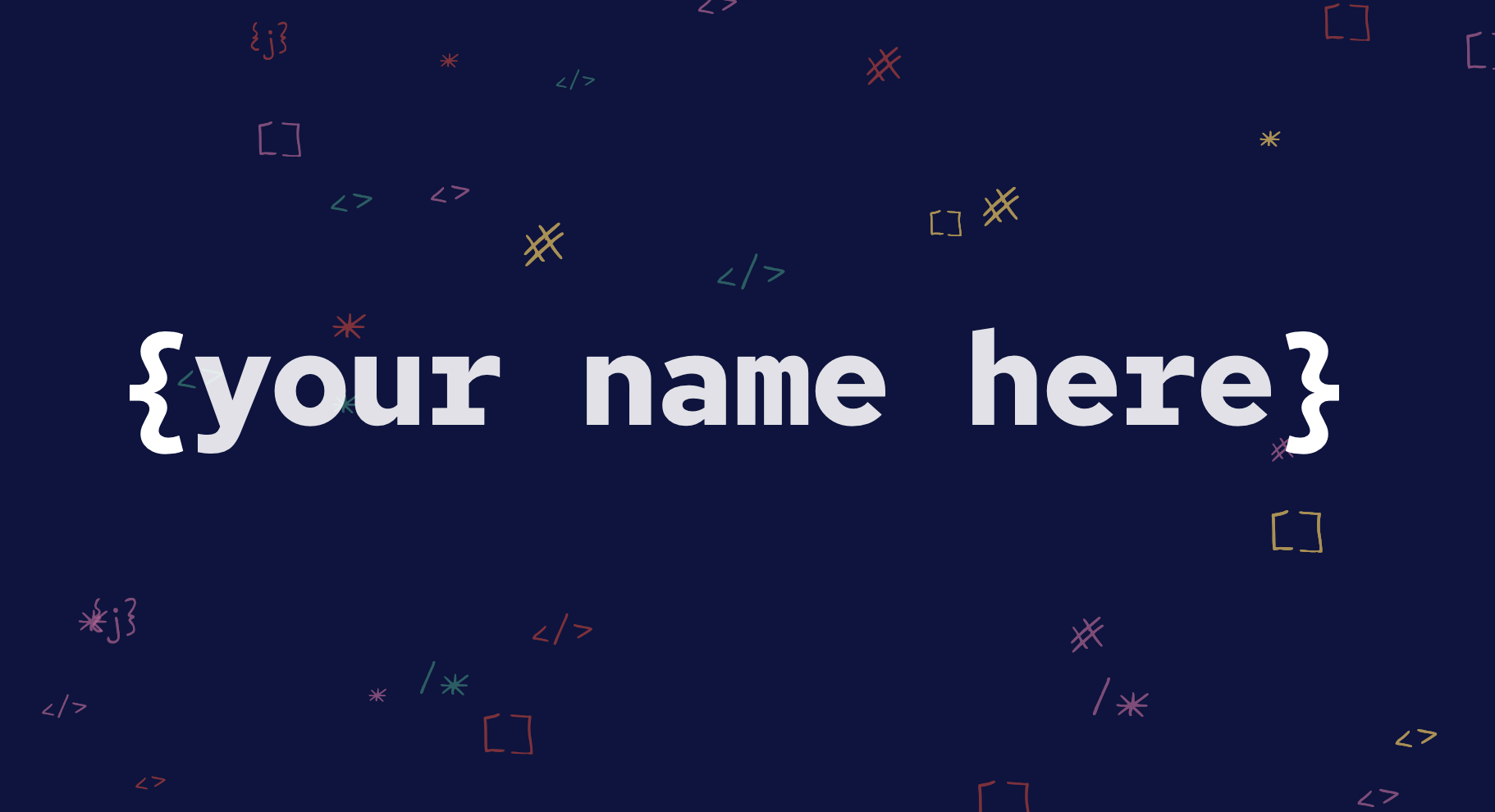
2021-2022
- Susan Abraham
- Joseph Foley
- Cherrie Kwok
- Jennifer Marine
- Jacqui Sahagian
- Tarushi Sonthalia
